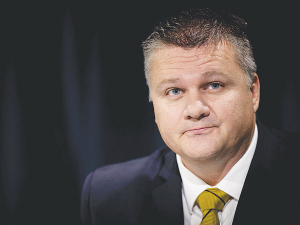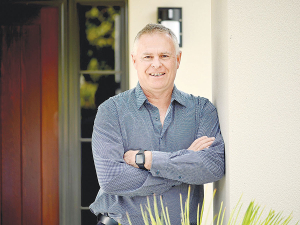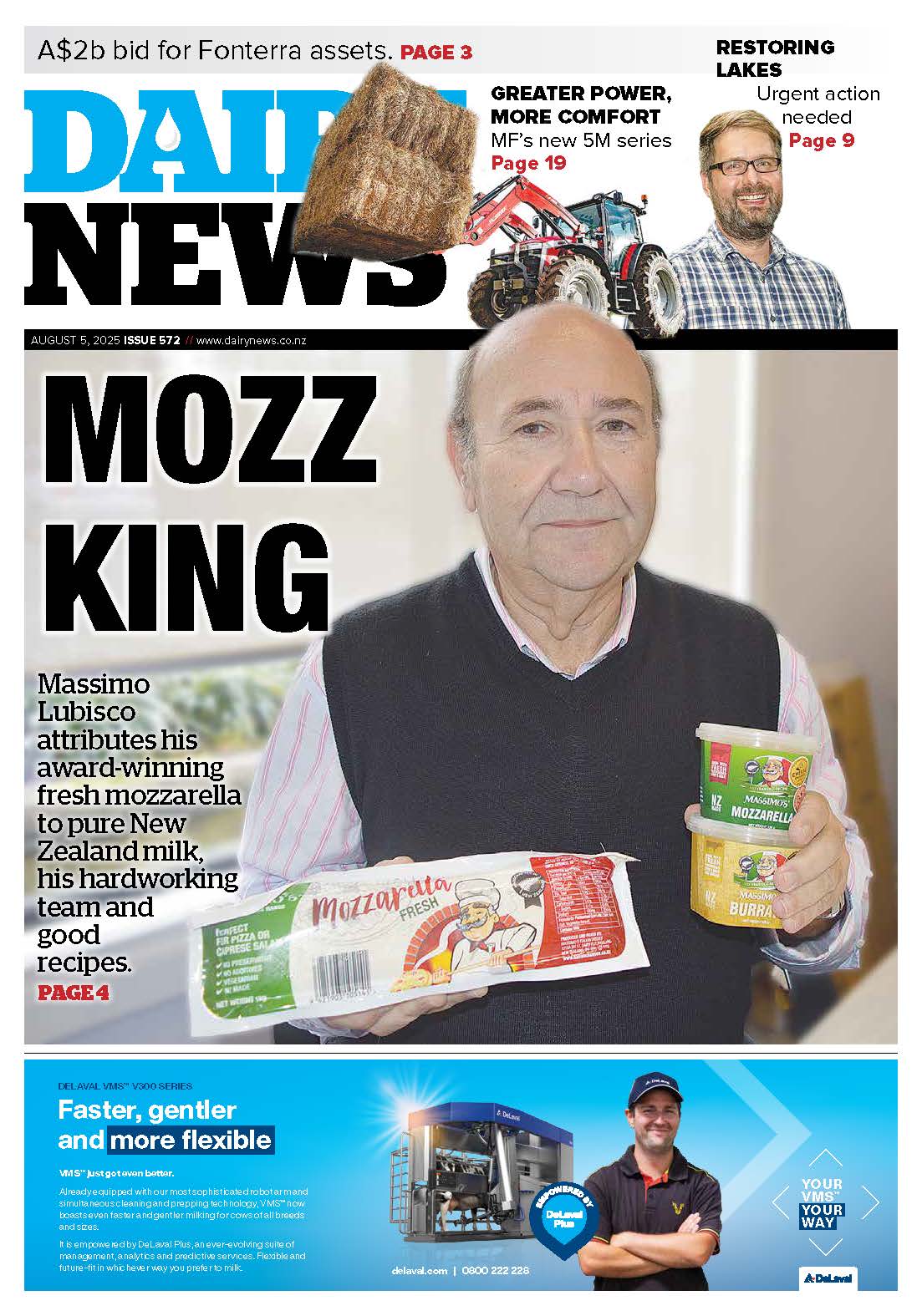Fonterra has confirmed that its farmers offered to sell 75,223,742 economic rights of ‘wet’ or milk supply-related shares in this month’s offer, valued at nearly $600 million. The final purchase price for the offer was $7.92. In net terms the offer will not affect the total number of units on issue and the shareholders fund will not increase in size.
Fonterra will purchase the units that arise as a result of the supply offer, using the $475 million raised at the launch of TAF, and subsequently redeem them for Fonterra shares. Milk production-backed shares (‘wet’ shares) are any shares held by a farmer shareholder which are required to be held in accordance with the share standard for a season. The offer period for the supply offer closed on May 23 with farmer shareholders representing a total of $595,772,037 in offers.
As this amount exceeds the $475 million Fonterra had announced was the maximum to be paid under the supply offer, the co-op has scaled acceptances by 79.73% on a pro-rata basis to achieve the maximum $475 million. The result is that farmer shareholders will sell 59,973,601 economic rights of wet shares to the fund pursuant to the supply offer.
The transfer of cooperative shares by farmer shareholders participating in the supply offer, the corresponding issue of units in the fund, the acquisition of those units by Fonterra and the redemption of those units in exchange for co-operative shares all occurred on May 30.
The success of TAF has been highlighted by a dramatic rise in the unit price since launch late last year; in addition, the drought has given a value add to the shareholders fund, and having the right to sell shares has given farmers another cashflow option at a vital time – helpful for drought affected farmers.
Council chairman Ian Brown said the offer showed farmers are beginning to take advantage of the flexibility TAF offers them.
“The solid level of demand from shareholders to release some of the economic value of their shares shows they’re using TAF to their benefit; farmers are taking advantage of the greater flexibility it offers them in making decisions that impact the day-to-day running of their businesses.”
The $500 million released into the economy will be a windfall in the rural sector as some business suffer a downturn from the effects of this summer’s drought.
The cash injection is particularly relevant to the rural sector as money in tight times gets spent among farming operation businesses before it gets spend elsewhere in the economy. However a $500 million cash injection is welcomed by all at any time and this shows that the benefits of TAF are reaching beyond the dairy industry.
Francis Wolfgram, BA (Econ), is an independent financial analyst. Contact him at This email address is being protected from spambots. You need JavaScript enabled to view it.















